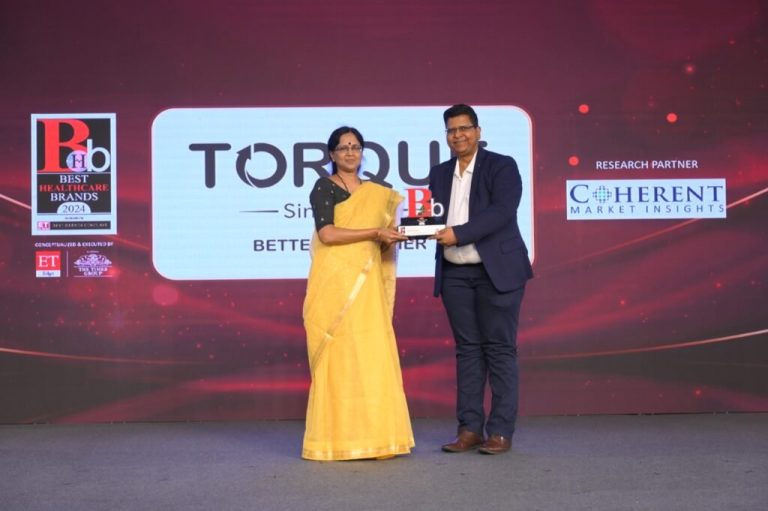Wondering How To Save Tax As March 31 Deadline Approaches? Here Are Some Tips To Maximize Savings
1. Capitalize on Tax-saving Instruments
One of the cornerstones of tax planning is utilizing Section 80C deductions to their fullest potential. This provision allows individuals and Hindu Undivided Families (HUFs) to reduce taxable income by up to Rs 1.5 lakh annually. By investing in instruments like EPF, PPF, fixed deposits, life insurance policies, ELSS mutual funds, and NPS, taxpayers can achieve dual objectives – meeting financial goals and enjoying tax benefits. However, it’s important to note that these benefits are applicable only under the old tax regime. Opting for the new tax regime may mean foregoing these deductions and exemptions.
2. Customize Your Salary Structure
For salaried individuals, analyzing and optimizing the components of the salary structure can lead to substantial tax advantages. Selecting allowances such as House Rent Allowance (HRA), and reimbursement for specific expenses like telephone/internet, education, or food coupons can significantly reduce taxable income. By making informed choices, taxpayers can maximize deductions and exemptions, thereby minimizing tax liabilities.
3. Amplify EPF Contributions
Salaried individuals have the option to augment their EPF contributions by opting for the Voluntary Provident Fund (VPF). This additional contribution, if not exceeding the Rs 1.5 lakh investment limit, can be deducted from taxable income, providing additional tax benefits. Moreover, employer contributions to the National Pension System (NPS) can further enhance tax savings for employees.
4. Harness Home Loan Tax Benefits
Individuals who have availed of housing loans can leverage deductions on interest and principal repayments within specified limits. These deductions, however, are applicable only under the old tax regime. It’s essential to be mindful that the deduction on principal repayment falls within the overall Rs 1.5 lakh limit under Section 80C.
5. Maximize Health Insurance Deductions
Health insurance premiums paid for self, spouse, dependent children, and dependent parents are eligible for tax deductions. By investing in comprehensive health insurance policies, individuals can mitigate medical expenses during emergencies while enjoying tax advantages. Deductions are capped at Rs 25,000 for self, spouse, and dependent children, and up to Rs 50,000 for senior citizen parents.
Moreover, senior citizens not covered by any health insurance policy can still claim a deduction of up to Rs 50,000 for medical expenses incurred during the year.
6. Navigate Tax Regimes Wisely
With the introduction of a simplified optional personal income tax regime, taxpayers now have the flexibility to choose between reduced slab rates and certain exemptions and deductions. By carefully evaluating the tax payable under both regimes, individuals can opt for the one that aligns with their financial objectives and offers optimal tax benefits.
As taxpayers embark on their tax-saving journey for the financial year 2023-24, incorporating these six strategies can pave the way for substantial savings and financial well-being. By staying informed and making prudent decisions, individuals can navigate the intricacies of tax planning with confidence and ease.






